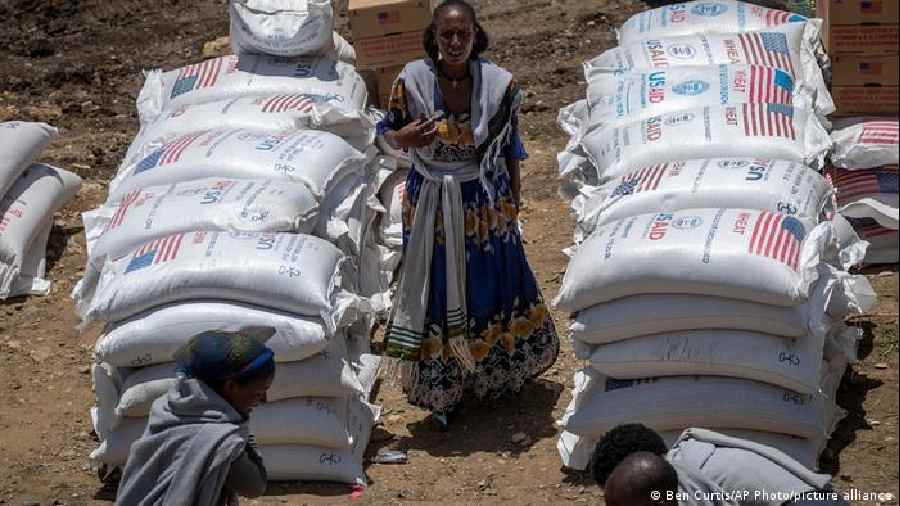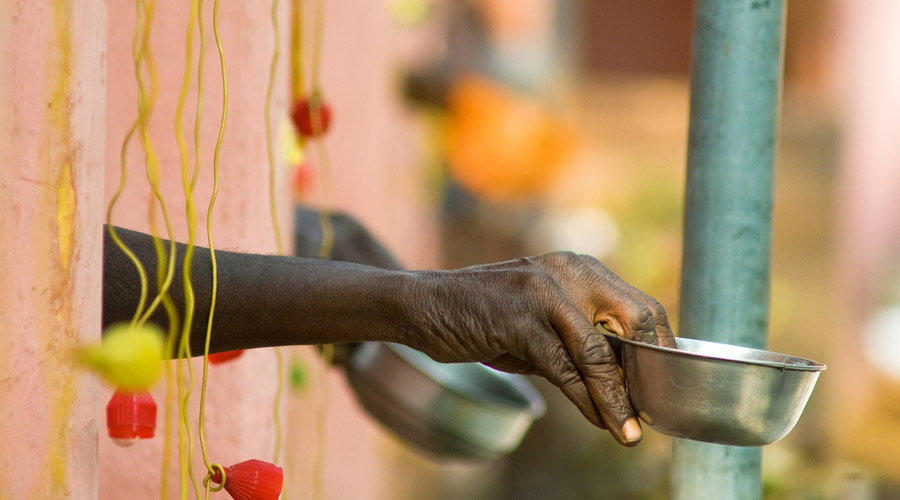A top UN official said on Wednesday that a record 345 million people were now acutely hungry amid soaring fuel and food prices.
David Beasley, head of the UN World Food Program, said a "record 345 million acutely hungry people are marching to the brink of starvation."
This represented a 24% increase from 276 million at the start of 2022. In early 2020, before the COVID-19 pandemic, the figure was 135 million.
In total, between 702 million and 828 million people were affected by hunger in 2021, 46 million more than the previous year's average of 722 million.
What did the UN say?
Beasley spoke at a meeting for the release of the latest report on global hunger by the World Food Program and four other UN agencies.
"There's a real danger it will climb even higher in the months ahead," Beasley said.
"Even more worrying is that when this group is broken down, a staggering 50 million people in 45 countries are just one step away from famine."
According to the UN, issues with food supplies are particularly severe in Africa and the Middle East.

Moscow's invasion of grain-exporting Ukraine has intensified the global food crisis Deutsche Welle
Why is world hunger intensifying?
The UN report said the challenges to ending hunger and malnutrition are growing due to uneven recovery following the COVID-19 pandemic, the consequences of climate change and armed conflicts. The war in Ukraine has had severe repercussions regarding global food security after supply chains were already under pressure due to the COVID-19 pandemic.
Both Ukraine and Russia are major exporters of staple grains and sunflower oil. Together, the two countries accounted for a third of the world's wheat and barley exports and half of the world's sunflower oil exports.
Russia and its ally Belarus are two of the largest exporters of potash, a key ingredient in fertilizer.
Beasley urged for a political solution to allow wheat and grain from Ukraine, which he called "the breadbasket of the world," to re-enter global markets.
Beasley also called for new funding for humanitarian groups to deal with "skyrocketing levels of hunger," for governments to resist protectionist measures and investments to aid the world's poorest countries. According to the official, if such measures had been implemented, "the war in Ukraine wouldn't be having such a disastrous global impact today."












